
Consciousness
ENVIRONMENTAL RESPONSIBILITY STARTS WITH LOCAL AWARENESS
These are big words. How to talk about it without falling into the green washing trap? We will try to remain factual here, to explain you how the environmental approach has always been at the heart of our philosophy, and what we do to keep reducing our carbon footprint while weaving social ties at a local levels.
Sustainable means viable in the long term. According to the IPCC (Intergovernmental Panel on Climate Change), the three pillars of sustainability are Environmental, Social and Economic. Environmental sustainability aims to protect our natural capital, by using renewable resources and energy, by protecting the quality of our air, land and water. Social sustainability aims to preserve our social capital with concepts such as cohesion, reciprocity and honesty, acknowledging the importance of relationships among people. Economic sustainability means for us to generate enough revenue to keep improving the quality of our boards year after year. Here are the key assets of Baguette sustainability:
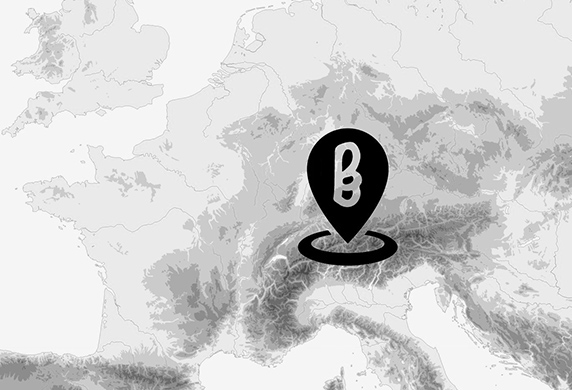
LOCALLY PRODUCED
What means local? It relates to a particular region or area, impregnated by similar culture and values. Producing in the Alps reduces transportation emissions, so that your board does not travel the whole world before ending up on your feet. It also means to adhere to European standards, in terms of environmental regulations, ethics and human responsibility. It means providing decent working conditions to our employees. It means transparency, traceability, creating jobs and contributing to our regional development. It enables partnerships with local artists, who can pimp your board before it leaves the workshop.
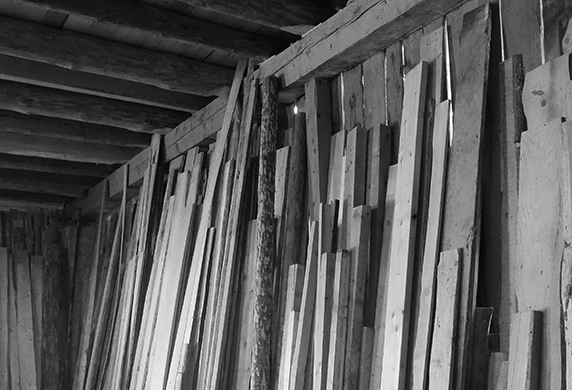
NATURAL MATERIALS
Our philosophy is to use as little plastic as possible, replacing it by renewable resources such as wood, bamboo or cork. There exist very efficient materials in Nature, provided they are used appropriately. However, we should not be hypocritical: we combine them with high-performance epoxy resins, which are derived from the petroleum industry (no, epoxy is no bio!). These composite materials considerably increase the lifetime of our boards, and therefore reduces their carbon footprint on the long term. This is currently the state of the art of sustainable board development.
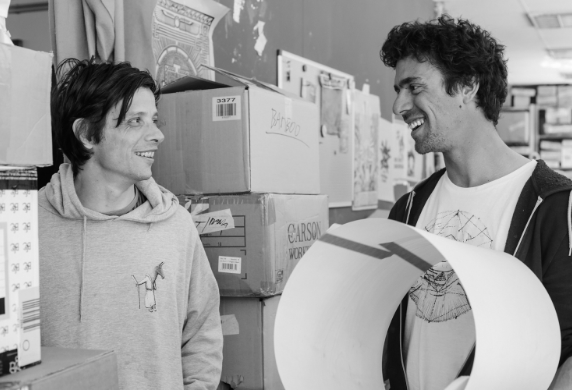
SHORT SUPPLY CHAINS
Most of the materials used for your board are soured locally, to reduce the transport of resources before they reach our workshop. Working with local suppliers helps thickening the local economic fabric, by supporting local producers rather than offshore corporate. Our supply chains involve as few intermediaries as possible: the raw materials enter directly our workshop, and the boards produced go directly to you. No fussing around with retail and distribution, we strive to optimize our merchandise flows.
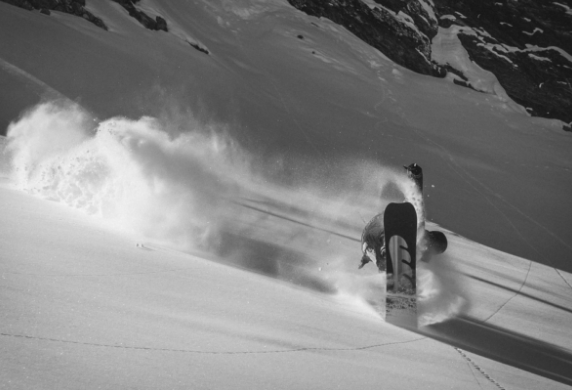
ZERO OVERPRODUCTION
With our flexible manufacturing process, we are able to produce on demand, in just the right quantities. No leftovers, no unsold items: all the boards we produce are riding! Being able to create unique shapes was a game changer. It removed the need for standardization: no more yearly series of products getting devaluated over time, but instead a continuous flow of innovation and development.
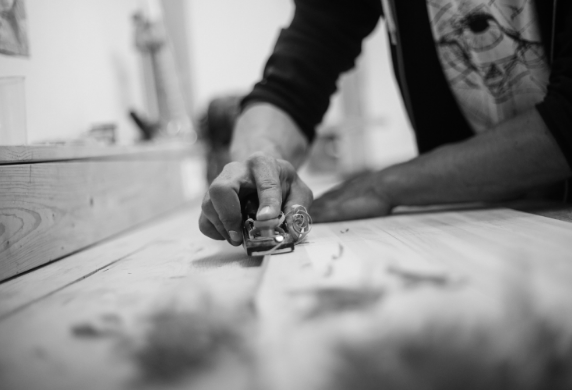
THE HANDMADE
We like to define the handmade as the use of tools rather than machines. What is the difference? Tools provide more flexibility and modularity, they can be adjusted. A machine needs standardization: it is programmed to repeat mechanically the same task over and over. If tools can also be partly automated, they however leave a space for human judgment, mistakes, adaptation and exceptions. They enable custom creations, fostering social exchanges and discussions, thus contributing to preserve diversity in the process of creation. Besides, tools also require less energy: the Handmade is powered by sweat!
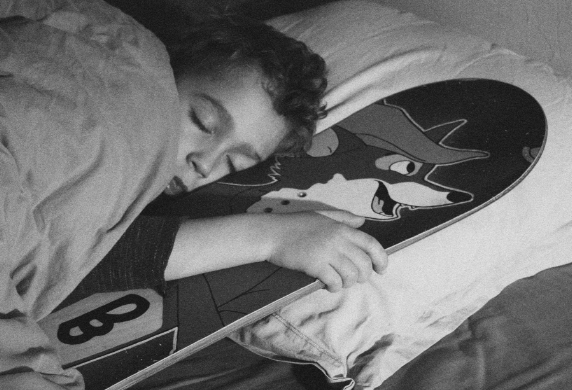
PRODUCT DURABILITY AND REPAIRABILITY
Planned obsolescence is genuinely wrong. It goes against environmental sustainability. But how do we preserve economic sustainability if our boards were to last forever? We answered this challenge by introducing a second hand network. Your board is old or you wreaked it over rocks? Don’t throw it away, it still has value! We can refurbish it and give it another life. This is another advantage of using natural materials such as wood, bamboo or cork: they can easily be repaired. It’s good for you, since you are getting something back from your old board. And it’s good for us, since we can send it into another life cycle. In this way we can also support each social class, providing for those who can’t afford purchasing a brand new board.






